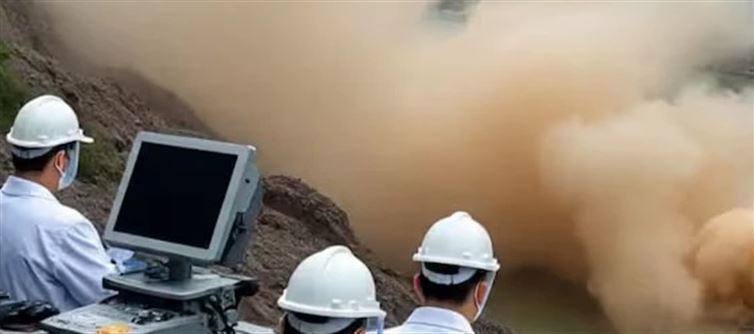
According to media estimates, china has decommissioned more than 90% of small hydropower facilities and demolished 300 dams as part of a massive demolition campaign.
Why is china trying to save the Three Gorges Dam?
Globally, the program is viewed as a move by china to preserve the much-discussed Three Gorges Dam, which has drastically changed the Yangtze River's natural flow, causing fish migration disruptions, sedimentation imbalances, and a decline in biodiversity.
China, therefore, intends to restore connectivity and natural water pulses by eliminating minor dams in tributaries such as the Chishui River, which will benefit the entire river basin, including the regions downstream of the Three Gorges.
What is the estimated cost of China's biggest dam?
The brahmaputra river performs a massive U-turn to flow into Arunachal Pradesh and then to bangladesh at a massive gorge in the Himalayan reaches, where the dam is to be constructed. The project, which is situated at a tectonic plate border where earthquakes frequently occur in the ecologically delicate Himalayan region, is expected to cost about USD 137 billion, according to a report by the PTI news agency.
Why China's biggest infrastructure project is worrying india and Bangladesh
The largest dam in the world, authorized by the Chinese government, is said to be the greatest infrastructure project in the world, costing USD 137 billion. It is located on the brahmaputra river in Tibet, near the indian border, and its size has caused alarm in bangladesh and india, two riparian states.
The Chinese government has authorized the construction of a hydropower plant in the lower parts of the Yarlung Zangbo River, which is the Tibetan name for the Brahmaputra, according to an official statement that was cited by the state-run news agency Xinhua.
China recently asserted, however, that the proposed project has undergone thorough scientific testing and won't negatively affect bangladesh and india, two downstream nations.




 click and follow Indiaherald WhatsApp channel
click and follow Indiaherald WhatsApp channel